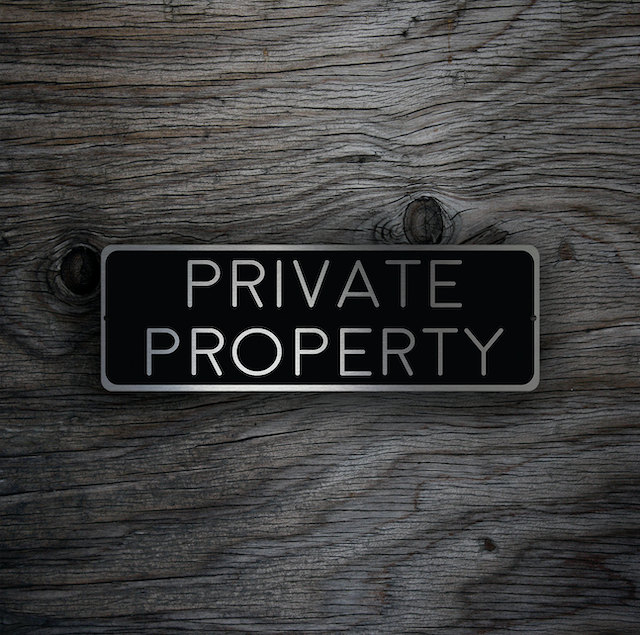Whether one likes Mr. Victor Koczeny or not, we are concerned when the state uses its power to take the private property of a citizen. In our view this sets a dangerous precedent, and is characteristic of Socialist or Communist countries.
Apparently Mr. Koczeny razed his property located within the Exuma Cays Land and Sea Park that is administered by the Bahamas National Trust. The resultant furore in the press by environmentalists and Mr. Koczeny’s apparent disregard for the edicts of the Office of the Prime Minister to re-plant the island are said to be the reasons and justification to oblige the gentleman to sell his property for public use. This is forced expropriation.
Building permits are required before constructing buildings. No permits are required to clear or landscape private property. If the sale of the property to Mr. Koczeny was approved subject to certain provisions (such as not being able to remove or cut down trees – or on the other hand, a commitment to plant trees and improve the property) then the government department that grants the permits has the responsibility to oversee compliance with the agreement.
Some may feel comfortable with the idea that government is “protecting” the country from Mr. Koczeny by taking his property from him. It is a comfort destined for a short life. Investors will look with a jaundiced eye on The Bahamas when it becomes known that its citizens are comfortable with a practice that takes away an individual-s property for bulldozing it.
Section 27 (a) of The Bahamas Independence Order (Constitution) of 1973 states that property can be taken when-
- It is “in the interests of defence, public safety, public order, public morality, public health” or
- It can be used to “promote the public benefit or the economic well-being of the community.”
However, Friedrich Hayek noted in his ground breaking treatise in 1944 titled, The Road to Serfdom, that “Our generation has forgotten that the system of private property is the most important guaranty of freedom.” We would all do well to familiarise ourselves with this work, when encouraging the state to use its coercive power in this manner.
Personalities are not the issue in matters of private property and to encourage the state to use its force based on an individual-s personality is clearly wrong. Donald Boudreaux, president of the Foundation for Economic Education puts it this way:
“Private property is the indispensable protection from the arbitrary will of others, even when this arbitrary will results from a majoritarian election. Private property gives to each of us not only the assurance that others will employ themselves and their resources in ways that create prosperity for all, but also that each of us has a space that others cannot violate.”
Fines and imprisonment (if the fines are not paid), are appropriate remedies. The amount of the fine is dependent on the degree of harm. The guilty party can be obliged to repair the damage, pay a fine, or both. In the case of The Bishop-s garden – unfortunately the ancient silk cotton trees cannot be replaced. They are lost forever, and no fine could be large enough to recompense for the loss.
But… the failure to levy a fine in the case of the Bishop’s garden is treating a Bahamian differently than a foreigner as in the Koczeny case. Selective enforcement of the law to the detriment of foreigners drives them to take their investment capital elsewhere. If The Bahamas wants to be an attractive investment destination in the global economy, and we think we should, we must be even handed in legal matters.
Visit Rick Lowe’s archive here…
and at WeblogBahamas.com here….



